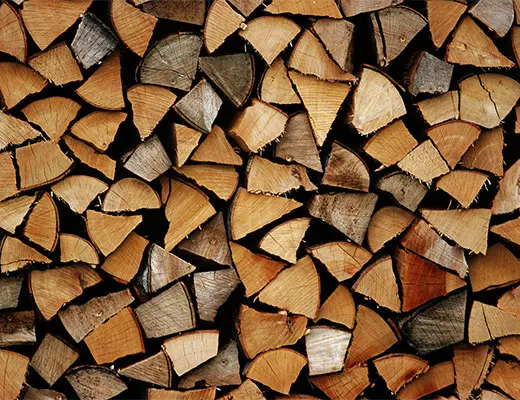
Logs
Biomass or wood-based fuel is an important part of the energy industry for New Zealand as it is a renewable fuel-based on living organisms like wood and waste, and is sustainable and helps reduce greenhouse gas emission. Typical biomass fuels are logs, wood pellets, and wood chips.
There are boilers specific for the three typical types of fuel. A biomass or solid fuel boiler provides an alternative option to traditional gas or diesel boiler for warm water central heating systems. The practical issues are that the boilers are larger than typical gas or diesel boiler and the fuel supply required takes a greater amount of space.
Log boilers are batch fed in the same way a log fire is. They take a lot more wood in the combustion chamber but produce a lot of energy that is then transferred into the water for the central heating system. Log boilers are ideal if you are on a lifestyle block or have access to lots of wood. Sometimes a log boiler central heating system is also fitted with a gas or diesel boiler as a convenient backup, especially if the log boiler is heating underfloor water pipes that need constant energy input.
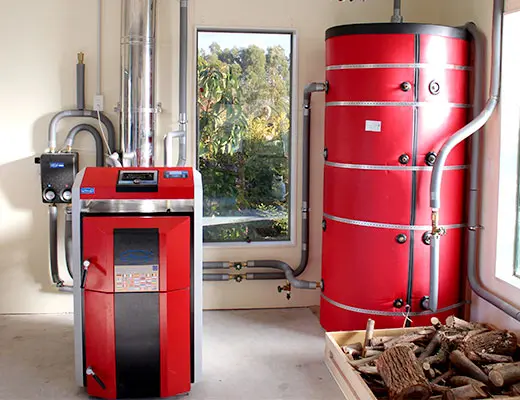
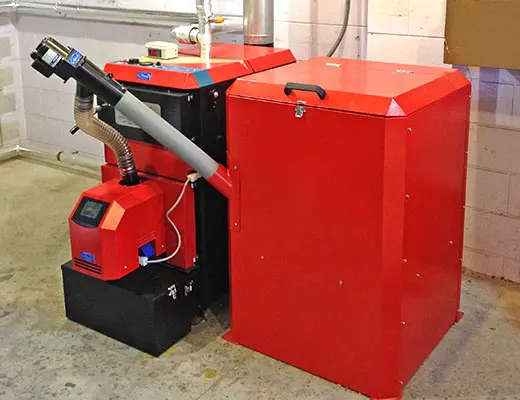
Wood pellet boilers are automatically operated and stocked, making them more convenient than log boilers for the end-user. They do require a large hopper for the pellets to be fed into the boiler and these are normally part of the appliance but can sometimes have a secondary larger store connected instead. Wood pellet fuel is readily available in bulk or in bags throughout New Zealand.
Wood chip boilers are mainly for small to large commercial applications. These are the most sophisticated due to the wide variation in wood chip quality and moisture content. They are automatically operated and require large hopper storage for the wood chips.
All the biomass boilers benefit from being connected to large thermal store tanks. These eliminate stop-start operation and make the boilers more efficient and cleaner burning.
Download our free brochure on biomass boilers.

Logs
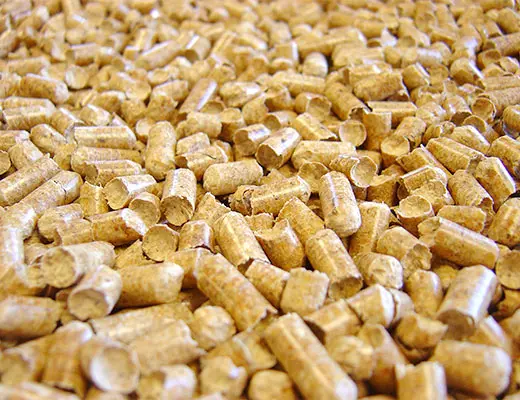
Wood Pellets
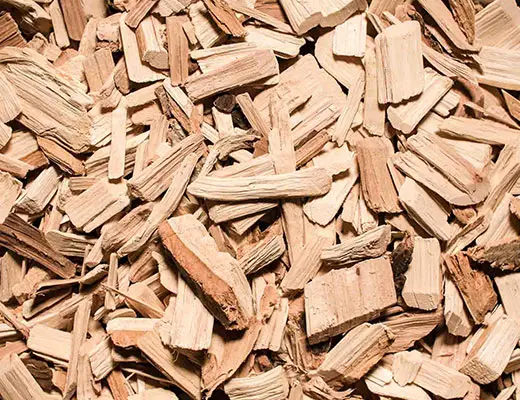
Wood Chips